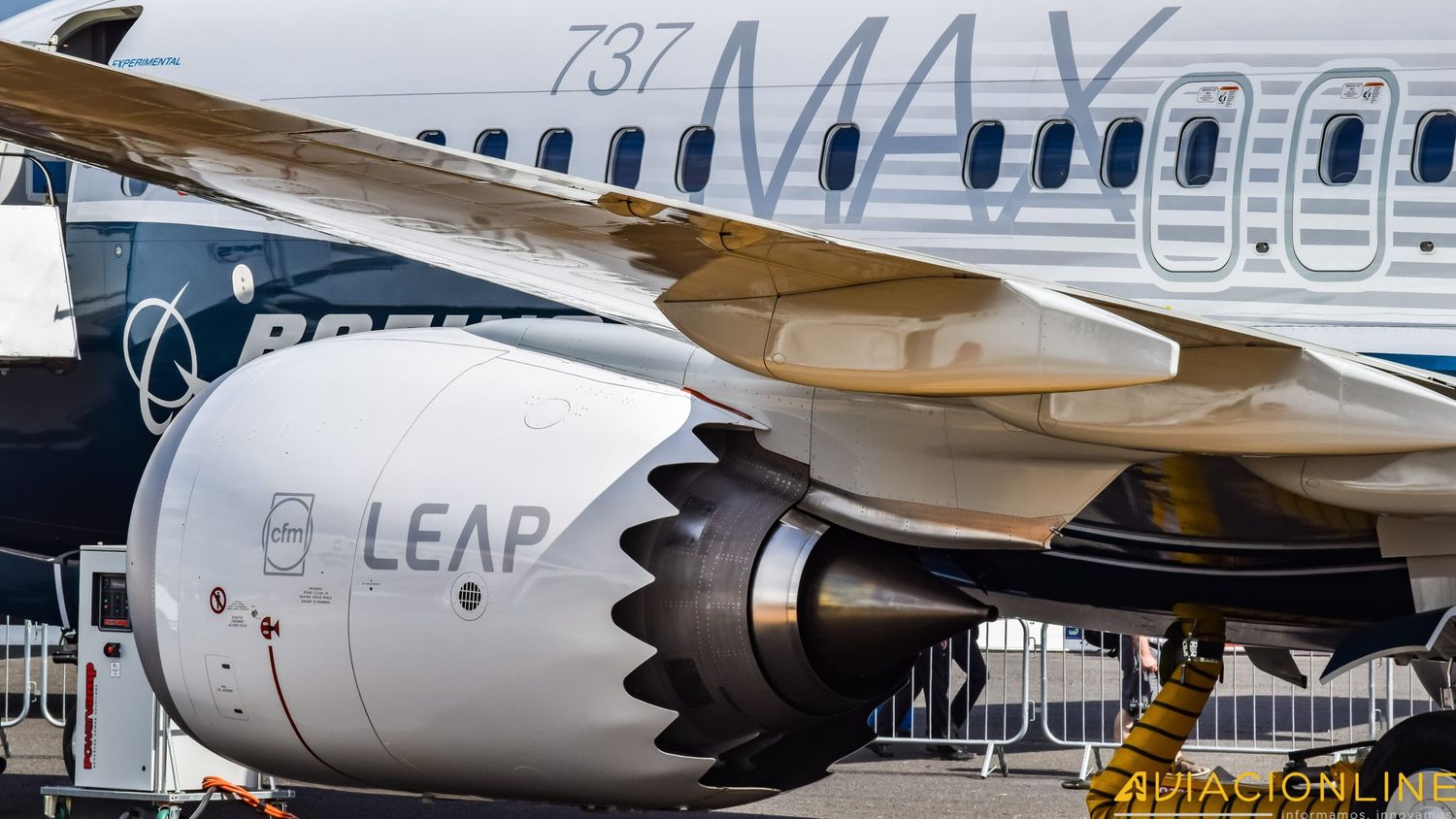A matter of trust: The FAA considers withdrawing Boeing’s Delegated Authority
One day after formally notifying Boeing about the launch of an investigation, the United States Federal Aviation Administration announced a series of measures that will be part of this inquiry.
The aviation authority will launch an audit of the 737-9 production line and its suppliers, «to assess Boeing’s compliance with approved quality procedures.» The FAA reserves the right to initiate additional audits, depending on the outcome of the initial review.
Furthermore, the agency will increase monitoring of events involving aircraft that enter active service.
But the most significant measure being considered by the FAA is to reassess «the safety risks associated with the delegation of safety and quality oversight, and to examine options for transferring these functions to independent entities.»
«The time has come to reexamine the delegation of authority and assess the associated safety risks,» stated FAA Administrator Mike Whitaker.
«The suspension of 737-9 operations and the multiple production-related issues detected in recent years compel us to consider all options to reduce risk. The FAA is exploring the use of an independent third party to oversee Boeing’s inspections and quality system,» he added.
Losing delegated authority would be a major blow to Boeing, which has a fundamental competitive advantage in this authority. Maintaining control of its internal processes and systems allows it to reduce the risks of exposing intellectual property to third parties while streamlining approval circuits.
It is clear that, precisely, this agility and lack of external oversight is what allowed an unacceptable chain of systemic safety and quality failures.
Moreover, it is not easy to determine who these independent entities will be: in the aviation industry, human capital requires superior technical qualifications and those with the best profile prefer to work in the private sector, where Boeing is an absolute benchmark.
It is very complex for governmental regulatory agencies to attract and retain those who could work for the companies they should be overseeing, both financially and in terms of the career plan they can offer. It’s a global problem, but one that is perceived as very difficult to solve in this case.
These «quality escapes» -as Boeing CEO William Calhoun called them- jeopardize the manufacturer’s image recovery just months after operationally overcoming the disaster represented by the two accidents of the standard variant of the 737 MAX family, the -8.
737 MAX: Boeing conocía las fallas del MCAS desde 2016 y lo ocultó a la FAA
Although this instance of failures in the mid-rear cabin door of the 737-9 has nothing to do with a design or certification issue (a key matter in the crisis of the -8 and its MCAS system), the evident lack of quality control in the installation of the nuts that void the door for customers who request it begins with the often-cited fuselage supplier Spirit AeroSystems but ends at Boeing.
The cost of losing FAA confidence could be very high, as the margin for obtaining exemptions to the certification requirements for the -7 and -10 variants narrows, and any modification or redesign would now be analyzed and audited by a third party.
These delays, added to the unavoidable need to review existing processes, will add delays to the introduction of the new variants, which will also delay the certification campaign and subsequent entry into service of the 777X and, finally, the design of a replacement for the 737 MAX that had already been postponed until the second half of the next decade, according to Calhoun.
The aerospace giant is so large that it is very difficult for it to fail or disappear. But it is also evident that, in what is to come, it will not have it easy.


Para comentar, debés estar registradoPor favor, iniciá sesión